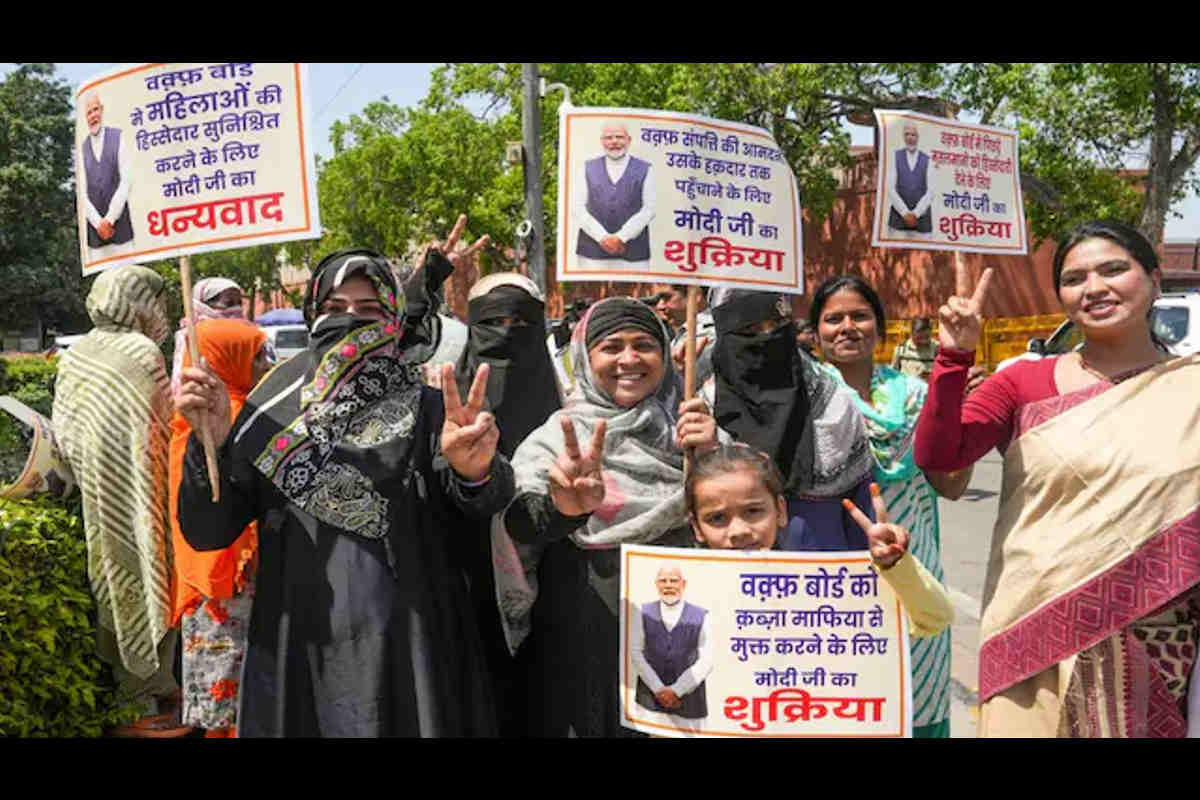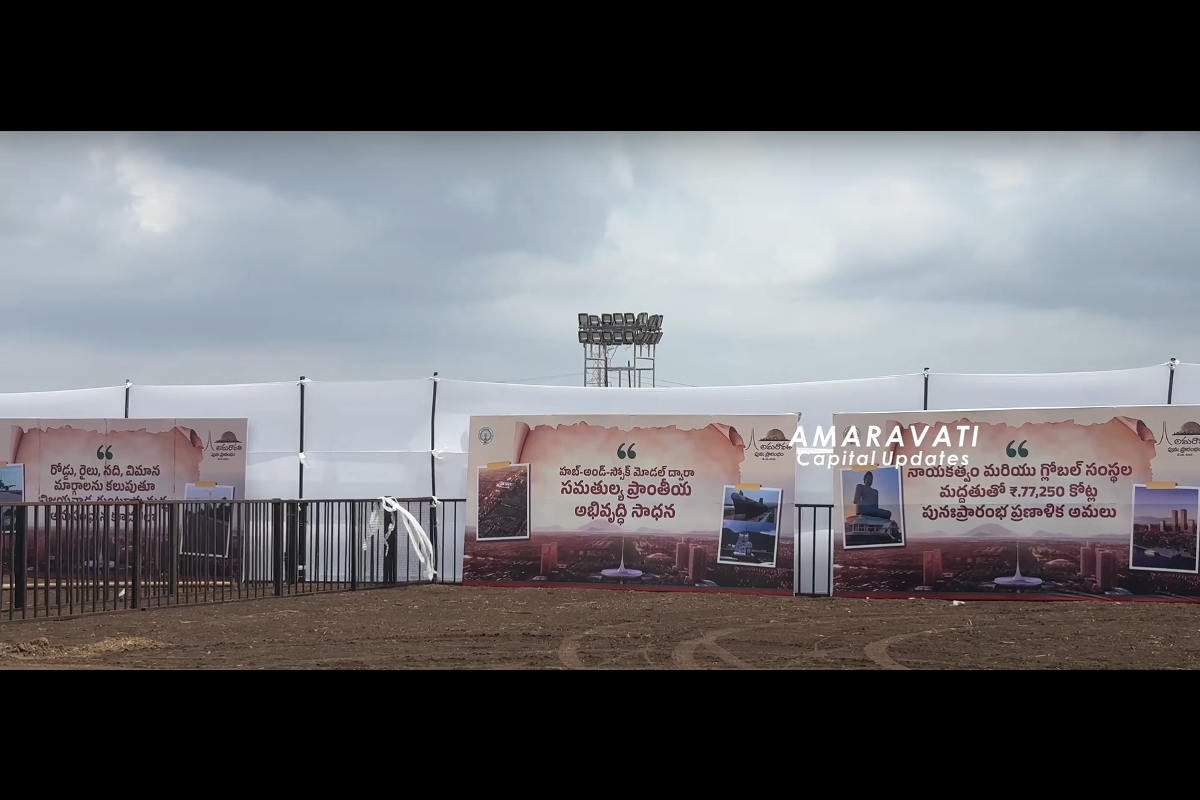
Discover how the Waqf Amendment Act 2025 empowers Muslim women by securing inheritance rights and mandating representation on Waqf boards. A landmark step toward equity and justice.
The passage of the Waqf (Amendment) Act 2025 marks a transformative moment in India’s legislative history, specifically benefiting Muslim women. This new law ensures fair land rights, accountability in Waqf property management, and the inclusion of women in decision-making processes long dominated by men. For communities long sidelined, this amendment is not only reformative but redemptive.
Waqf Amendment Act 2025 Empowering Muslim Women Through Legal Reform:
Muslim women have historically been excluded from Waqf property governance, despite the properties being set up for communal benefit. The Waqf Board manages assets worth over ₹1 lakh crore, including nearly 870,000 properties and 940,000 acres of land. But according to government reports, 70% of these are embroiled in disputes or encroachments. Until now, women lacked the legal representation to challenge these issues.
Real-Life Impact: Sameera’s Battle for Justice:
Sameera, a widow from Meerut, faced eviction from her late husband’s home when the Waqf Board claimed ownership without proof. With no legal aid, she sold her jewelry to afford a lawyer. Her story illustrates the everyday struggles faced by thousands of women across India. The 2025 amendment ensures such injustices are less likely to recur by mandating women’s inclusion in board decisions.
Press Information Bureau (PIB) on Waqf Act Reforms

Also Read: Andhra Pradesh SIPB Investment 2025: ₹31,167 Crore Cleared at 5th Meeting
Key Provisions of the Waqf Amendment Act 2025:
The law mandates the inclusion of two Muslim women on both the Central Waqf Council and state Waqf boards. It requires a collector’s review of all land claims, prioritizing due process and transparency. Most importantly, it protects women’s inheritance rights before land can be declared Waqf property, securing their economic and social standing.
Ministry of Minority Affairs – Waqf Management
Addressing Political and Social Injustice:
The Waqf Amendment also breaks a historical pattern of neglect. While previous governments failed to address women’s rights in Waqf law, recent initiatives like the Triple Talaq ban and Hajj reforms laid the groundwork. This new Act continues that trajectory, showing a commitment to inclusive governance.
Conclusion: A Step Toward Inclusive Growth:
The Waqf (Amendment) Act 2025 represents more than legal progress—it signals social transformation. With women now legally protected and included, Waqf resources can be managed more equitably and used to uplift underprivileged Muslim communities. This Act is a milestone in restoring justice, dignity, and opportunity to those long denied.
Stay updated with NewsAffair360!
Follow us on Facebook, X (Twitter), Instagram, and YouTube for the latest political and world news updates.







